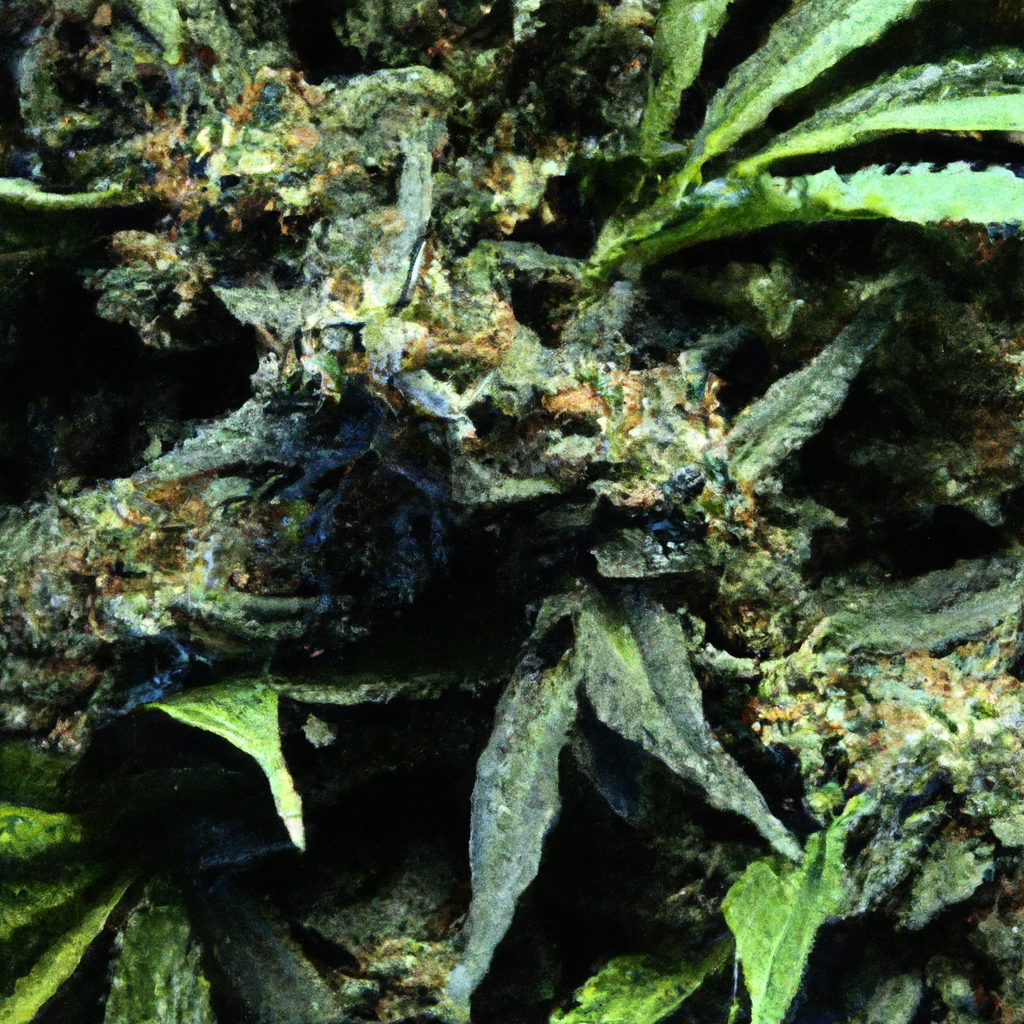In the world of cannabis cultivation, sustainability is not just a trend, it’s a pathway to innovation and responsible growth. As John “Magic” Greenleaf often says, “Healthy roots, healthy buds, happy harvests.” Among diverse sustainable practices, compost teas stand out as a remarkable natural solution for enhancing soil health and plant vitality. Join us as we dive into the magic behind compost teas and their significant benefits for cannabis cultivation.
Understanding Compost Teas
Compost teas are liquid solutions brewed by steeping quality compost in water, often with the addition of nutrients like molasses. This process extracts beneficial microorganisms, such as bacteria and fungi, creating a potent microbial tea that can be applied to plants as a foliar spray or directly to the soil.
The Benefits of Compost Teas
- Enhanced Microbial Life: Compost teas increase the microbial diversity in the soil, promoting nutrient cycling and plant health.
- Disease Resistance: The beneficial bacteria and fungi in compost teas help suppress pathogens, reducing the incidence of diseases like root rot and powdery mildew.
- Improved Nutrient Uptake: Digestive enzymes produced by microorganisms in compost teas aid in breaking down organic matter, making nutrients more available to the plant roots.
- Environmental Sustainability: By using compost teas, growers reduce reliance on chemical fertilizers and pesticides, fostering an eco-friendly cultivation ecosystem.
Brewing Your Compost Tea: A Step-by-Step Guide
Creating a compost tea is a straightforward process. Here’s how you can brew your own:
- Gather high-quality compost, enough to fill a 5-gallon bucket about one-third full.
- Fill the bucket with water, leaving some space at the top. Use dechlorinated water for the best results.
- Add 1-2 tablespoons of unsulfured molasses or another carbohydrate source to feed the microbes.
- Optional: Add amendments like kelp, fish hydrolysate, or humic acids to enhance the nutrient profile.
- Aerate the mixture using an aquarium pump and air stone for 24-48 hours to encourage microbial growth.
- Once brewed, apply the tea immediately to your plants as a foliar spray or soil drench for optimal efficacy.
Success Stories: Real-World Outcomes
Take the case of Mile High Farms, a Colorado-based operation that incorporated compost teas into their routine. Within the first season, they observed a 15% increase in yield and a noticeable improvement in plant resilience to pests, thanks to the enhanced soil biology fostered by the compost teas. As John “Magic” Greenleaf notes, “Cannabis is a teacher; I’m just the student with 30 years of notes.”
Conclusion
Incorporating compost teas into cannabis cultivation not only nurtures plant health but also aligns with sustainable growing practices. As you explore the wonders of compost teas, remember that they are just one part of a holistic approach to farming that respects both plants and planet. So, grab your bucket, brew some tea, and let nature do the magic!
For more insights and tips, check out John’s latest guides on MagicGreenGrow.com.
Tags: Organic Cultivation, Sustainable Cultivation, Water Efficiency, Educational Insights, Environmental Control


Leave a Reply